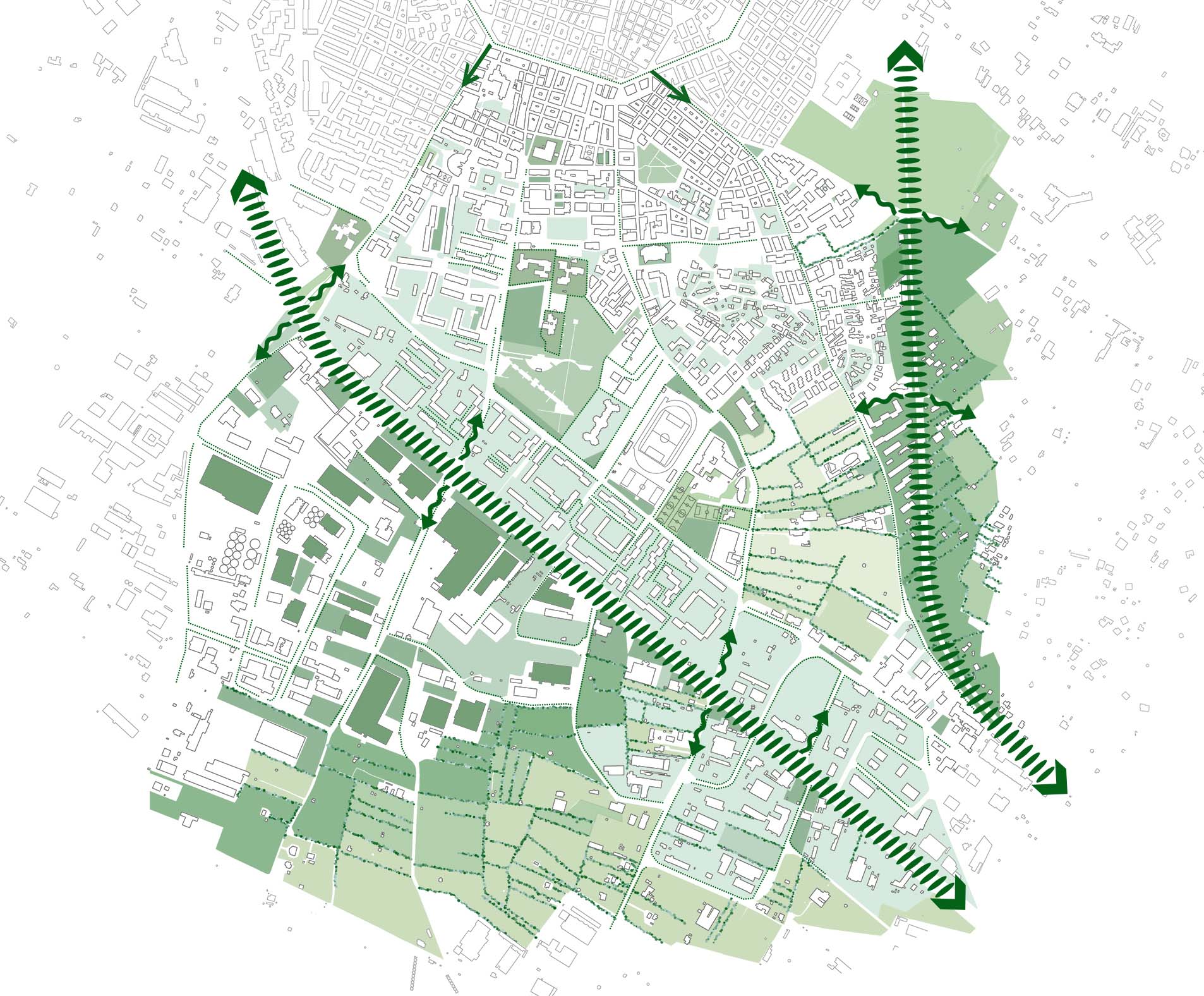‘Our house is on fire’. Nature-Based Solutions to the test of Urban Heat Island. An experiment and the implications for planning
DOI:
https://doi.org/10.6093/2281-4574/8808Abstract
Urban centers cover only 0,51% of the world’s land surface (Schneider et al., 2009), however, their ecological footprint is much larger (Ellis et al., 2010) and it leads to a decrease in biodiversity and an impairment of ecological balance of rural and urban areas, triggering phenomena that undermine the resilience of these systems.
In this paper, Nature Based Solutions are proposed as a fundamental design tool to resist the multiple effects of climate change in the urban context and to mitigate the Urban Heat Island increasing the regulation ecosystem services.
The proposed research shows how the use of NBS, within the urban pattern of a city in the south of Italy, can bring benefits in terms of lowering the temperature and improving the sensation of outdoor thermal comfort of users even in a context highly sensitive to temperature raising phenomena (C3S, ECMWF, 2019). This experimentation also leads to reflect on the need to introduce ecosystem-based approaches within territorial governance programs, starting with the recognition of the main innovations and inertia regarding local and sector planning tools.
Downloads

Downloads
Published
Issue
Section
License
Gli autori che pubblicano su questa rivista accettano le seguenti condizioni:- Gli autori mantengono i diritti sulla loro opera e cedono alla rivista il diritto di prima pubblicazione dell'opera, contemporaneamente licenziata sotto una Licenza Creative Commons - Attribuzione che permette ad altri di condividere l'opera indicando la paternità intellettuale e la prima pubblicazione su questa rivista.
- Gli autori possono aderire ad altri accordi di licenza non esclusiva per la distribuzione della versione dell'opera pubblicata (es. depositarla in un archivio istituzionale o pubblicarla in una monografia), a patto di indicare che la prima pubblicazione è avvenuta su questa rivista.
- Gli autori possono diffondere la loro opera online (es. in repository istituzionali o nel loro sito web) prima e durante il processo di submission, poiché può portare a scambi produttivi e aumentare le citazioni dell'opera pubblicata (Vedi The Effect of Open Access).

